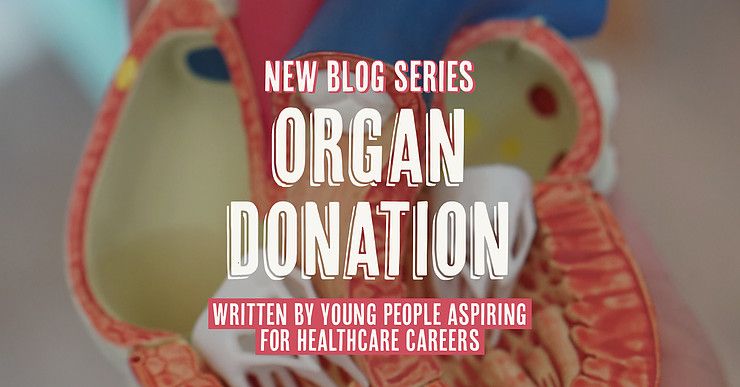This is a guest blog by Iqra Ali
Spring 2020 - a time ordinarily associated with longer days and better weather - also marks a transition in the way organ and tissue donation will occur in England. Organ donors have transformative powers; having proven to improve the quality of life of many. For example, cornea transplants are vital and hugely successful in restoring vision for those who are in most need.
The law is changing predominantly as a result of the huge demand for organs and as a reflection of the major role of our people, our communities and our opinions. Before, this issue was taken lightly with people, in principle, wanting to donate their organs, yet, not making their decision clear through signing the NHS Organ Donor Register, a database that holds all the information about whether people have decided to be organ donors or not. It is by taking means like this that the decisions of our population can be honoured. Therefore, the change in law calls for better efficiency and improving more lives; upholding the uniting power of the NHS.
Everyday, one person dies waiting for a transplant. As a result, the opt-out system has been created, whereby everyone has been given a choice to not donate their organs after they die - excluding them from the Donor Register. It is estimated that by 2023, this method will lead to an additional 700 organs available to those desperately in need. People are being urged to voice their choices through signatures on the Register as well as consulting their families if their decision remains the same.
The main things to take away from this is that if you are over 18 when you die, and have not opted out, come spring of this year, it will be considered that you agree to be an organ donor. Thus, it is of utmost importance that this decision is thoroughly pondered upon by yourself and also voiced to relatives.
Families of potential donors will always be approached as a means for the Register to stay up to date with your choices and latest decisions. This change has been widely endorsed by nationwide charities including the British Heart Foundation, described by Health Secretary, Matt Hancock as an ‘important step forward’.
If you take anything from this article, please make your decisions wisely and talk to people you trust for second opinions and wisdom. Together, we can improve the welfare of ourselves, our families and thousands of others.
